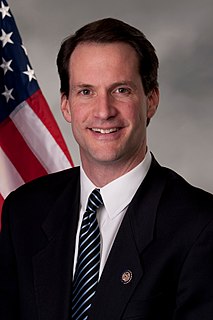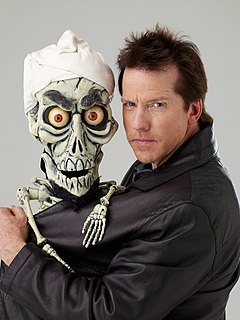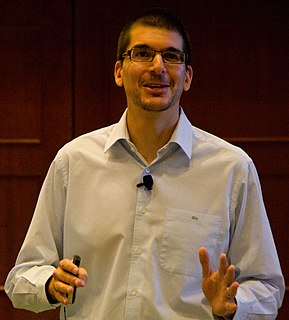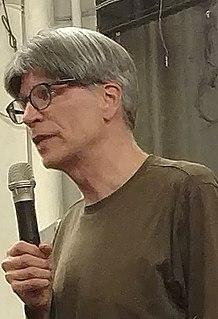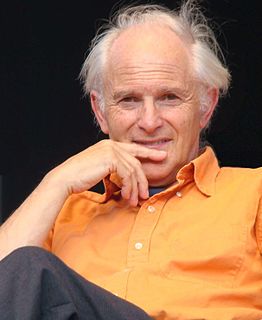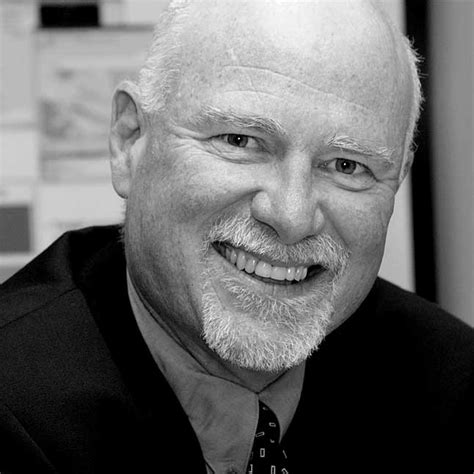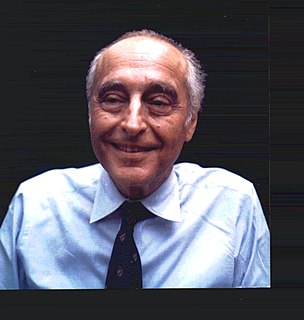Top 956 Technologies Quotes & Sayings - Page 12
Explore popular Technologies quotes.
Last updated on April 20, 2025.
The real cost of the State is the prosperity we do not see, the jobs that don’t exist, the technologies to which we do not have access, the businesses that do not come into existence, and the bright future that is stolen from us. The State has looted us just as surely as a robber who enters our home at night and steals all that we love.
Previous technologies have expanded communication. But the last round may be contracting it. The eloquence of letters has turned into the unnuanced spareness of texts; the intimacy of phone conversations has turned into the missed signals of mobile phone chat ... ('you're breaking up' is the cry of our time).
We should also challenge this country to come up with strategies and technologies that allow us to produce nuclear energy without necessarily producing a byproduct that can be converted to something far more dangerous. I believe that can be done. It may not be done tomorrow, but it clearly needs to be worked on.
Apollo 11 will probably go down in history as one of the major responses of two nations facing each other with threatening technologies - sometimes called mutually assured destruction. It was also the America's response to the apparent superiority of the Russians in putting objects into space before USA could.
With our technologies--ones of incalcuable power: earth-restoring, planet preserving--we can rediscover an intimacy, a mutuality with the natural world, that is not primitive (though based in part on fear), but knowing. It might even be possible to relearn a life of awe. And inhabit the landscape without violation. With the least violation.
A deep analysis judges technology morally - from its conception and intention to the totality of its consequences, knowing that all "raw materials" once were someone's home or sustenance, that extraction and manufacture at industrial scale reduce landscapes and their human beings, that distribution, employment, and disposal of technologies change lives in unpredictable ways.
For the sake of my children and grandchildren, I hope that the human talent for self-destruction can be successfully controlled, or at least channelled into productive forms, but I doubt it. I think we are moving into extremely volatile and dangerous times, as modern electronic technologies give mankind almost unlimited powers to play with its own psychopathology as a game.
I honestly go back and forth in my head about using advanced and innovative technologies for creating my characters. There's something more 'real' and charming when the characters aren't perfect. It's the difference between anything that's built by a computer and machine versus the same thing being made by hand.
The same products, services or technologies can fail or succeed depending on the business model you choose. Exploring the possibilities is critical to finding a successful business model. Settling on first ideas risks the possibility of missing potential that can only be discovered by prototyping and testing different alternatives.
With the discovery of vast new North American energy resources - thanks to the application of proven technologies like hydraulic fracturing and commonsense regulatory processes on non-federal lands - the U.S. government should no longer be in the business of spending taxpayer dollars on risky, exotic energy projects.
Where solar energy is concerned - and wind energy and battery storage and electric vehicles and efficiency technologies - that is what we are now seeing. So, yes, I'm very optimistic, but anyone who works on the climate crisis has an internal struggle between hope and despair. I won't deny that, but hope has always prevailed in my outlook.
It is difficult to think of anything more important than providing the best education possible for our children. They will develop the next technologies, medical cures, and global industries, while mitigating their unintended effects, or they will fail to do these things and consign us all to oblivion.
Regardless of the administration or who's in Congress, when you look at the outcomes of what what's been happening, there are opportunities for us to invest in infrastructure, to create more equity, to invest in new technologies, to create future - jobs focused on the future not industries from the past.
With the headset and motion tracker and all kinds of different future tracking technologies that we are R&Ding, there is just a huge amount of intelligence that has to be created. So we are looking at hiring some of the brightest minds out there to tackle some of those challenges and deliver the very best experience possible for the consumer.
I think people who want to use genetic technologies to gain a competitive edge for their children are engaging in a kind of overreaching that could really undermine our appreciation of children as gifts for which we should be grateful and, instead, to view them as products or instruments that are there to be molded and directed.
The incredible expansion of mobile technologies is another important factor that will both drive and support the deployment of workplace learning tools and systems in the areas of performance support, particularly, but also in areas such as expert location, crowdsourcing-based problem solving and others.
Over the last few millennia we've invented a series of technologies - from the alphabet to the scroll to the codex, the printing press, photography, the computer, the smartphone - that have made it progressively easier and easier for us to externalize our memories, for us to essentially outsource this fundamental human capacity.
The Church's basic moral principle regarding reproductive technologies is this: if a given technology assists the marital embrace in achieving its natural end, it can be morally acceptable, even praiseworthy. However, if it replaces the marital embrace as the means by which the child is conceived, it's not in keeping with God's design.
When you put in place regulations that are so burdensome, so tough, so much so that they cripple your economy, we then don't have the resources to invest in technologies that are going to make that difference, because it's just going to shut everything down. That's not going to help us as an economy.
I repeat what I suggest in my book [ Strategie de la deception]. The first deterrence, nuclear deterrence, is presently being superseded by the second deterrence: a type of deterrence based on what I call 'the information bomb' associated with the new weaponry of information and communications technologies.
You've got to move us to these technologies that allow us to get to the clean-energy source. If we can't work to reduce the cost, you're not going to see them implemented unless there is a path of unlimited subsidies, and that's not doable, either. We can kick-start the research process, but we have to do that from a position of economic strength.
Governments, existing primarily to protect and enhance capitalism, maintain their power through the use of technologies that control the populace - by bread or circuses, by war or schooling, by armies and police, all of which are enabled and empowered by technology. That is what we might call the stick part of capitalism, while the riches-for-the-few is the carrot.
[The] dynamics of computational artifacts extend beyond the interface narrowly defined, to relations of people with each other and to the place of computing in their ongoing activities. System design, it follows, must include not only the design of innovative technologies, but their artful integration with the rest of the social and material world.
When you are shooting over a period of six months, you tend to forget how dark or bright it was. And when you are using different technologies, having a look book helps during the final grading of the film. So you can design what the film is going to look like even before the colouring process begins.
The technologies for the alternative energy sources exists today. The economics are compelling. The public health is compelling. Why would we maintain a focus on a 17th-century technology, when there are 21st-century alternatives that are both necessary and available? And the answer is the subversion of democracy.
We hanker to go on, even in the face of plain evidence that long, long lives are not necessarily pleasurable in the kind of society we have arranged thus far. We will be lucky if we can postpone the search for new technologies for a while, until we have discovered some satisfactory things to do with the extra time.
The onus is on us to determine whether free societies in the twenty-first century will conduct electronic communication under the conditions of freedom established for the domain of print through centuries of struggle, or whether that great achievement will become lost in a confusion of new technologies.
Technology policy - whether we should have one and what form such a policy should take - was a core issue of the 1992 presidential campaign, and in February 1993 the Clinton administration confirmed that fostering new technologies will be a critical part of its agenda for redirecting the American economy.







